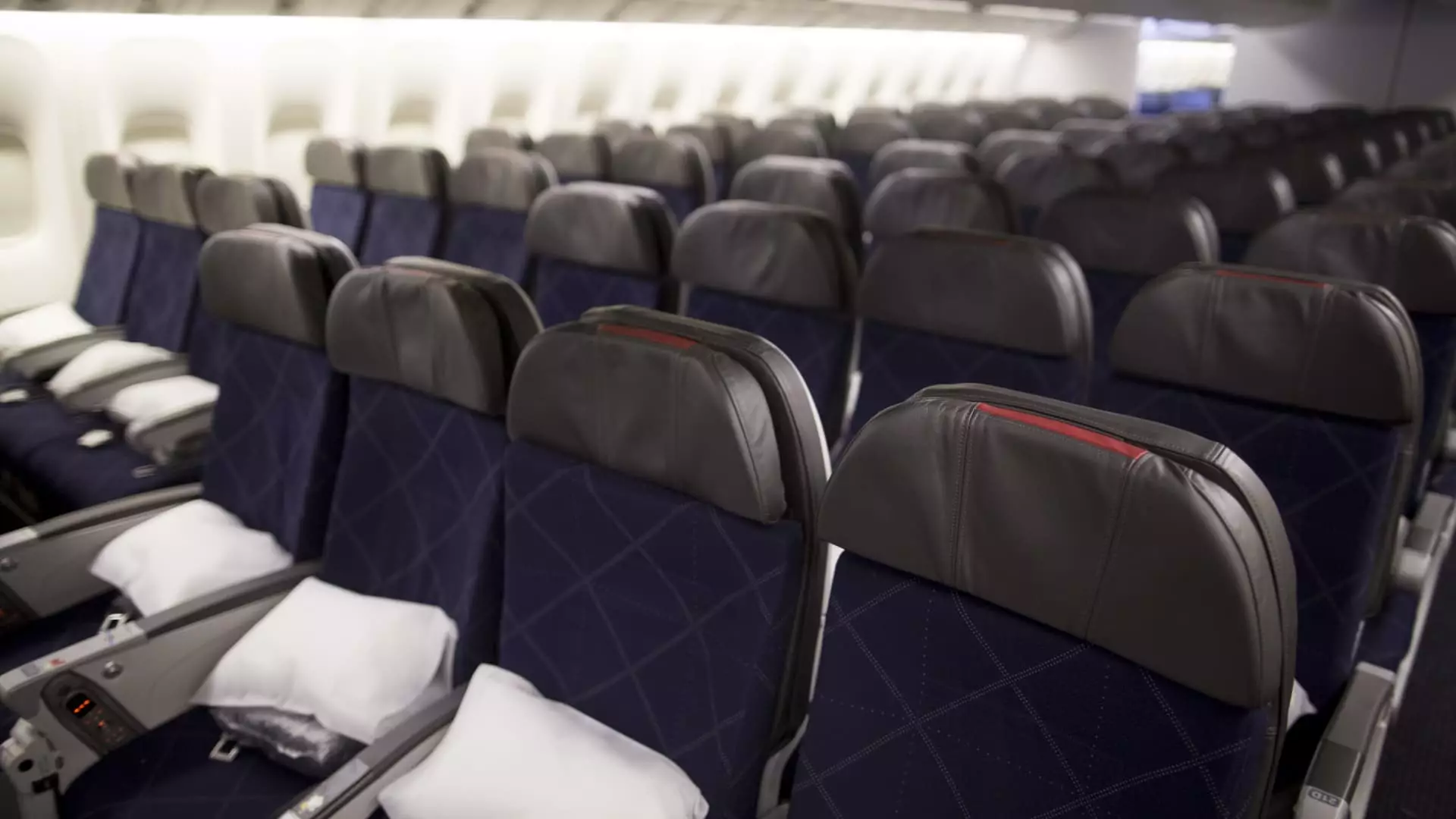The airline industry is currently under intense scrutiny, as top executives prepare to address the Senate Permanent Subcommittee on Investigations regarding their controversial seating fees. Accusations have emerged that these additional charges are nothing more than “junk” fees designed to boost profits significantly. In a report released on November 26, it was revealed that five major airlines—American, Delta, United, Spirit, and Frontier—have collectively amassed a staggering $12.4 billion from seating fees alone between 2018 and 2023.
According to the Senate report, the charges cited typically apply to seats that offer extra legroom or prime positioning within the aircraft, such as those near the front or by windows and aisles. When pressed on this issue, American Airlines’ Chief Strategy Officer, Stephen Johnson, defended their practices, asserting that customers have the choice to pay for these premium seat selections. “Our seat selection products are all voluntary,” he stated, aiming to clarify that these fees cater to passengers who prioritize seat location.
In response to the growing discontent surrounding these fees, the Biden administration, alongside several lawmakers, has pledged to address so-called “junk” fees in the airline sector. This initiative marks a significant move towards regulatory oversight, hoping to temper the escalating trend of additional charges layered on top of standard flight fares. Airline executives argue, however, that their model of menu-like options where consumers can opt for various add-ons is transparent, with clear communication provided at the time of ticket purchase regarding potential fees for seat selection and baggage.
The rising number of premium seats available on aircraft surfaces as another critical factor in the ongoing debate. Airlines continue to innovate their pricing strategies with the introduction of various classes, aiming to maximize revenue streams even as competition grows. Discount airlines like Spirit and Frontier have significantly influenced traditional carriers by launching a fee-based model that emphasizes a bare-bones fare structure. In an ironic twist, while such low-cost strategies draw customers, they have proven perilous for carriers like Spirit, which recently filed for Chapter 11 bankruptcy protection. This situation underscores the fragility of the fee-driven business model, particularly amid fiercer competition and shifting consumer expectations.
The upcoming Senate hearing, scheduled for 10 a.m. ET, will spotlight the complex dynamics of airline pricing, with executives from major players like Delta, United, Frontier, and Spirit expected to deliver their defense. As the conversation around transparency and fairness in airline fees continues, the outcomes of these discussions could set a precedent for how airlines structure their pricing in the future. Both consumers and industry stakeholders will be watching closely, as this scrutiny highlights the broader implications of fee-based revenue models in today’s travel landscape.



Leave a Reply